Meet a Maker Episode 7: Shawn Hymel
Welcome to the Meet a Maker Podcast, episode 7! Host and Senior Editor Moe Long sits down with maker, DIYer, and hobbyist Shawn Hymel to chat about his work at SparkFun and Adafruit, maker communities, and more!
Electromaker: So you worked for SparkFun, but can you talk a little bit about your initial introduction into the maker space?
Shawn Hymel: Sure. I mean, I was a professional engineer before working at SparkFun. And I had known about SparkFun and Adafruit because I would buy both of their parts simply for helping me with my job. I had you know, a drawer full of FTDI to USB breakout components and development boards just because they were cheaper, especially at the time, than a lot of the other industry standard development boards. Those would run you a few hundred dollars, whereas you know, you could get an Atmel on a breakout board from Adafruit for 20 bucks, which is way cheaper at the time, other companies have caught on to that since, but...it just saved me a whole bunch of time.
I knew about them. And I had started reading Make: Magazine, I had the first eight issues or so just because they were amusing to read. I don't know if I ever did any of the projects, it was just fun to see what other people were doing. And so when it was time for me to change jobs, I looked around and I was able to get a position at SparkFun doing engineering work. So I started off in the engineering department, creating the same boards that I was using, and writing a whole bunch of firmware Arduino libraries and the like.
Electromaker: That's really cool. And one thing that seems pretty unique is your kind of focus on hardware and software and also content creation. So can you talk a little bit about how you were able to fuse kind of all three of those spaces?
Shawn Hymel: When I was doing professional engineering work, I mentored at FIRST Robotics a little bit. And that was kind of my first introduction to teaching some of this hardware at the time, because it my first year doing it, it was mostly learning and then scrambling a whole bunch to try to figure out how to teach this all weeks before the competition. But I got an introduction to teaching it and watching students light up when they get something working. There's a lot of students who come to this program who come to the FIRST Robotics Competition are generally interested in robotics, and want to do it the first place so they get very excited when something works. I don't have to force it on anybody. But it was fun being able to teach them. And then once I got to SparkFun I kind of had this inkling that I wanted to do something in the education space. So when I was applying to various companies, I knew that I wanted to be in industry doing engineering, at either something with a startup or ideally working for something like a toy company, where it was, Hey, you know, let's make some engineering product. But at the same time, let's do something that's fun, entertaining, and ultimately, education. And that's kind of where I thought it was going to go initially. But once I got to SparkFun, I kind of found a dream position in that I could do engineering, make these I would say toys for adults kind of, at the time SparkFun had just started an education department for a couple of years when I started and as a result of that, they were trying to get into schools. So that being said, most of the stuff I worked on was still for college level or professional engineers or hobbyists who kind of knew what they were doing anyway.
But when I was an engineer, I got the opportunity to write blog posts. The engineers were required to write a blog post once every couple of months. And a couple of times I had the opportunity to be in a video. I just went to our marketing departments at SparkFun and just said, Hey, I want to show a video exploding some capacitors, and they let me film they're like "great, we love the content, we will put you in front of the cameras, go." Oh my goodness, it was extremely nerve-wracking the first time I did it.
But I enjoyed it well enough. I was like, even though I'm nervous doing this, I would like to continue doing and get better at it. So after that...there was another one about licking a nine-volt battery. And then there were a few more videos where it was an introduction to the Raspberry Pi. And I focused more on the educational side. Hey, let me teach somebody how to do something. How do you get started with a Raspberry Pi? What is it like to like a nine-volt batteries, either something silly or something educational, less so on the project end just because I like teaching people and I wanted people to watch the videos I made or the content that I wrote and be able to take that go do something on their own. So I prefer the educational side.
And it ended up working well enough. About a year and a half into my engineering stint at SparkFun, our marketing department said, hey we really like your videos, we're going through some changes, we're hiring, how about making a move over to marketing and you'll do videos and content full-time. And I had to give up part of the engineering side and I missed that for sure. But I got to make content full-time and that's where I started doing Adventures in Science and, you know, put ourselves into those videos. And...it kind of became the fusion of the engineering side as well as the I would say the content side. But for me, it's mostly a focus on education.
Electromaker: That's really the fascinating evolution and I will definitely look up the video sounds kind of like my first podcast episode where I was just so awkward on there,
Shawn Hymel: You gotta do it, get it over with.
Electromaker: Exactly. So can you talk about some of the challenges that you encountered when you were transitioning over to kind of content creation? You touched on this a little bit, but maybe you can elaborate on those and talk about how you overcame them.
Shawn Hymel: I'm moving over to content creation, the difficulties were not on the technical side at all. For the most part, what I found is that when you're under a tight deadline, you don't want to reach for technology you're not familiar with. So anytime you're under a tight deadline, it was like "Hey, I know Arduino, I can make this in a flash," just get up and go.
During that time, I took some time on my own to teach myself new things like I taught myself JavaScript in the evenings, because I wanted to play with this new board called The Intel Edison at the time. So I taught myself JavaScript and NodeJS to be able to program that, that that was kind of like I'd go home and read a JavaScript book. At work, I'm usually under the gun. And what it interesting about that transition was that when I was in engineering, I don't want to say that there wasn't a schedule, because there was a schedule, but it was more of a longer segment of you need to get our three boards, and you've kind of got a few months to do each of them. And you can pace yourself that. And then when I got to marketing, I was pulled in a different direction, where somebody needed a blog post written in two days, and somebody needed a tutorial written in a week, and we needed to put out a video by Friday.
And it was just all these things becoming a very, very difficult scheduling process for me. And it was a learning experience where I need to figure out a way to manage my time so that I can actually get all these things done, still provide quality to do the educational content that I wanted. Because otherwise, you know, if I have to do a million things, I can only half do them. And they're not going to be very good. So that was the biggest challenge that I had moving over to marketing. Just that it's a different game than your normal engineering process of "Okay, we're going to go after this product, we're going to do requirements gathering, we're going to have a waterfall for your for your project management, you get an engineering product," and then in marketing it's go, go, go go, you know, and you have to be reactive to, "hey, this thing just hit a news blog, and we need to create a response to it right now." Or if this day, you know, it's national bowtie day so go dress up and take a picture of it, you're being pulled in all directions all the time in marketing, and it was just kind of like, you know, going from a swimming pool into the ocean, you have laid all over neutron to tread water.
Electromaker: That was a that was a good description. And you mentioned the Edison. So is there a particular piece of hardware or software right now that you're most excited about?
Shawn Hymel: The two that I've been playing with, I try to keep my hands on a lot of the maker stuff just to be familiar with it, I'm playing with ESP32. That unfortunately got a fairly slow start in the Arduino community because...there wasn't a lot of software support for it on the Arduino side.
When the ESP8266 came out a number years ago it was only a UART accessory basically but since it was four bucks, five bucks for an internet connection. People were jumping all over this and fairly quickly the community got...Arduino support, somebody, I don't remember who it was. But whatever it is, thank you so much for making that initial ESP8266 Arduino library because then you move forward and not around it. After that ESP releases the ESP32 which is 10 times more powerful. It's got built-in Wi-Fi and Bluetooth. But Arduino support has been very, very slow, my understanding is it's very difficult to develop for on the low the low level. And for the longest time there was no Bluetooth support, I think we're barely getting Bluetooth support for it right now.
So that's in Arduino. But like, I don't think that the MicroPython port has Bluetooth enabled. But I'm playing with that because it allows me to do some things the ESP8266 didn't. For example, think larger web pages, with the at 8266 I can host very small web pages from it if you want to make an access point in a web server. But with the ESP32...I can put on a pretty intricate web page and I'm fine with web socket to be able to do real-time communication between the ESP32 and say, your phone or your computer or something else on the internet but that's what I'm playing with right now. And it's really kind of cool and then there's a MicroPython port for it.
Electromaker: On the flip side of that is there any sort of technology you haven't been able to get your hands on that you're really excited about the potential for?
Shawn: Oh my goodness. Yeah, just like all the all the toys and not enough time. The big, big one is anything in the SDR line to like the HackRF One, some of these RTL SDRs.
I did some digital signal processing stuff back in my college days and never really had an opportunity to go back and play with it again, unfortunately...
Intel has this pluggable USB stick, plug it in and it gives you a neural network. Some kind of AI and you can just call an API, those are the things I want to get into and just haven't touched yet.
Electromaker: And you mentioned being at SuperCon. So tell me what you got up to at SuperCon!
Shawn Hymel: That was that was a good time, I went last year I had a good time. I consider it to be some of the original makers who kind of started or were part of...Maker Faire. And then just kind of the original people in the early days who showed up...it a small group of people, you know, maybe 100 or so I call like the core makers. And then Maker Faire got big and in a way that it was now, fairly corporate, there's a number of companies, you go there, you know, Disney and Chevroletare now present at Maker Fairee, and then you have a lot of families coming in and out.
And it's not so much by makers for makers anymore, right. It's now by corporations for families. The makers show up with their projects. And there's a chance for them to show off their projects at Maker Faire. But that's only been a small part of Maker Faire, which is interesting. So SuperCon gets these people who do mostly hardware, you know, maybe they're engineers or software developers in there and your day job...So it's a kind of an exclusive thing...
It's a high-quality event, they have good talks about what people are working on, there's workshops, whether it's sponsored by a company, or whether it's somebody just wants to, you know, show you how to make a thing, for example, one of the Hackaday writers did a whole workshop on making your own synthesizer on a breadboard, which is really cool. Like, you know, things that I wouldn't think of because I don't do much analog, but that was a really fun to see.
Electromaker: Maker communities like you've touched on there are often just very passionate and very tight-knit. So what is it that you most enjoy about maker communities and going to events like SuperCon?
Shawn Hymel: I like seeing the fun stuff that people make, but oddly enough, I'm not one to make something for the hell of it. But I like interacting with people who do if that makes sense...Maker Faire and SuperCon are full of the people who come together and they make these wild contraptions for no other reason than, you know, art or it's fun or silly or whatever. And a lot of it's very frivolous. And I enjoy I like seeing that, I like seeing what people make.
I had a few people have had a few people come up to me and they're like, "Oh, my God, thank you for your video. You helped me make x y z project."
Electromaker: What are some of the weirdest or most unique interactions that you've had with other makers?
Shawn: Most are very friendly, very open, you can almost always get them to talk about what they're working on like, "Hey, what projects you got going on here up to
I remember the past your Maker Faire David Shorey, who's doing some wild 3D printing stuff, he shows up to an after-party at Maker Faire this summer with some of his projects he's been working on like this one where he was embedding 3D printed scales on to some kind of mesh, like a cloth mesh and it was funny. He was showing this to me and Alex Glow from Hackster and we're just kind of playing with it, it's just these scales that move on maybe a six-inch by six-inch swap of cloth with scales coming out of it...
Electromaker: And you make content, but what content creators do you watch the most?
Shawn Hymel: I keep an eye on SparkFun and Adafruit for sure...Afrotechmod...he's able to explain stuff very simply when it comes to analog circuitry and shows everything in very simple diagrams that make a lot of sense. Andy's Tech Garage.




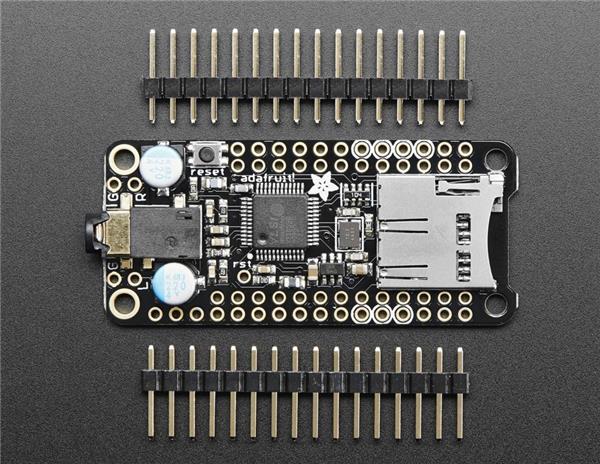
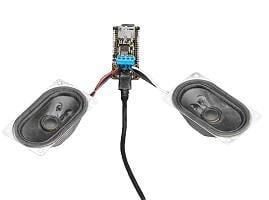
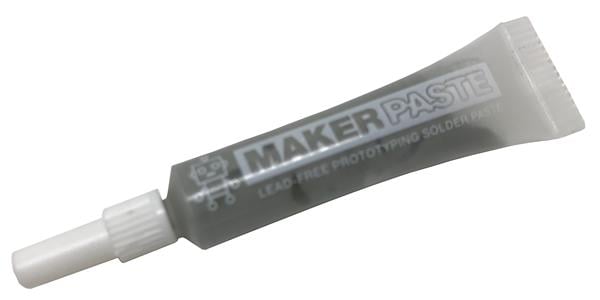
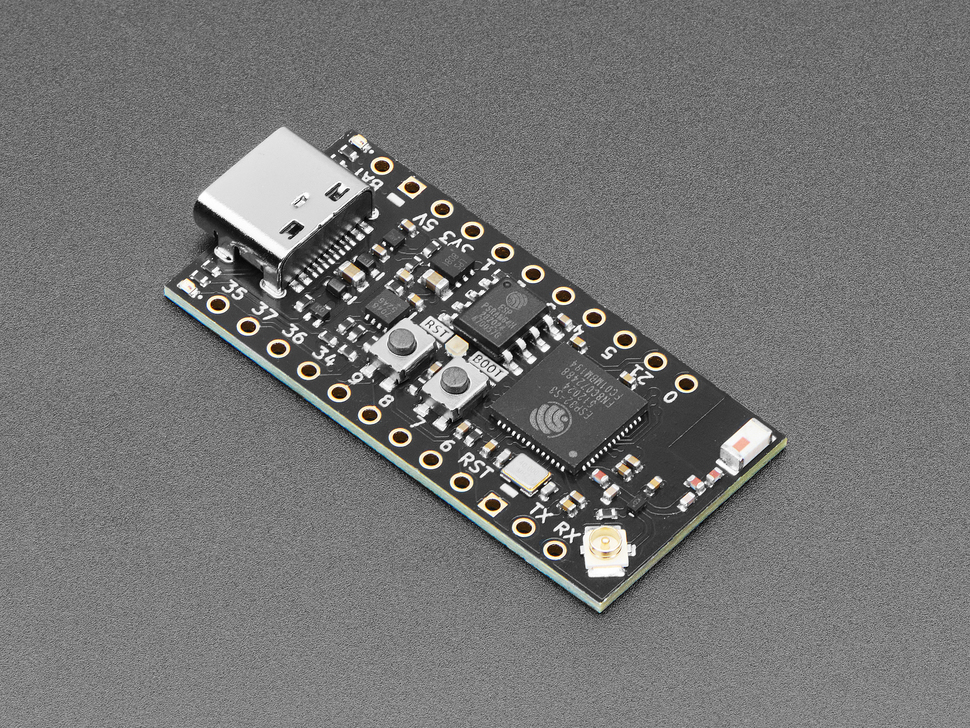
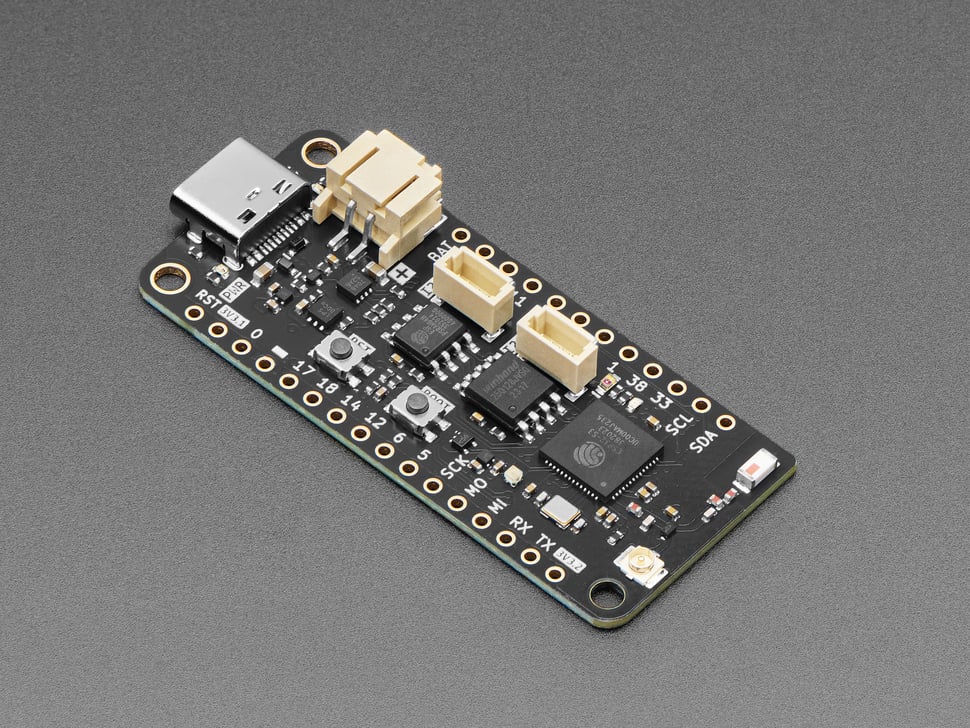
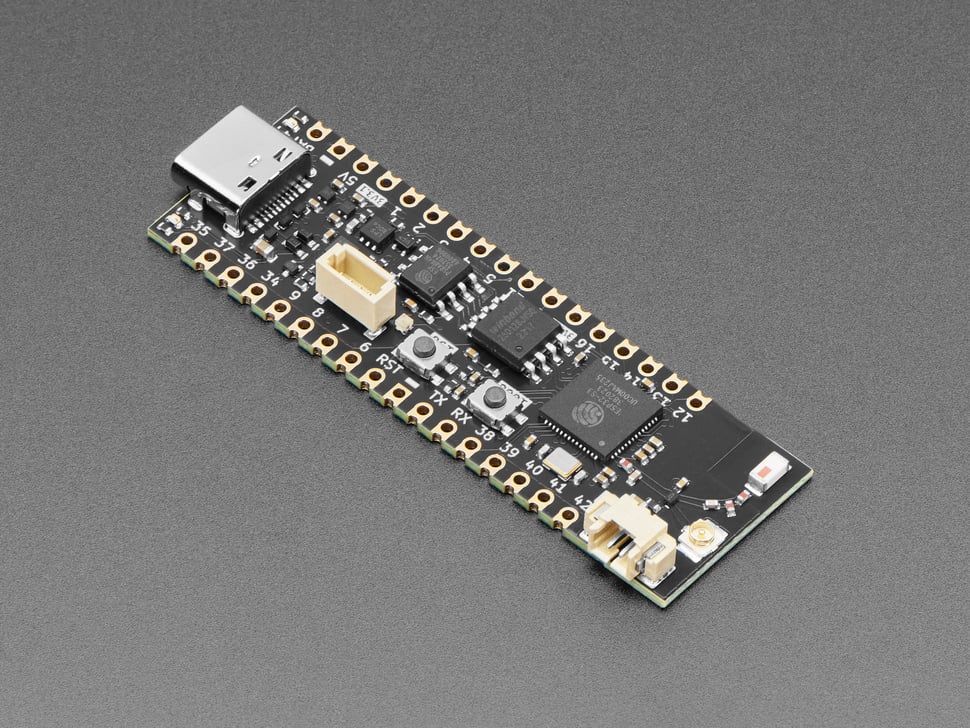




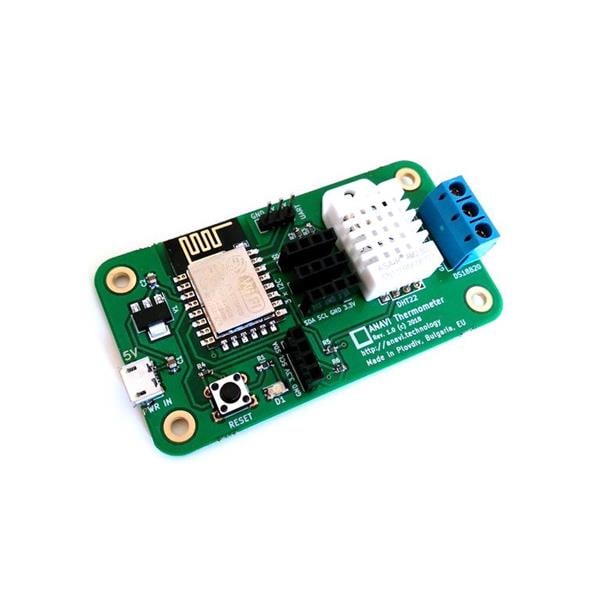
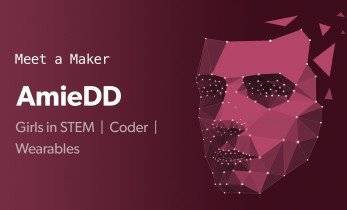
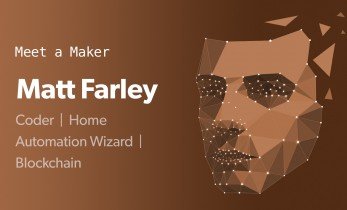
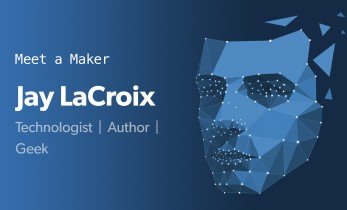
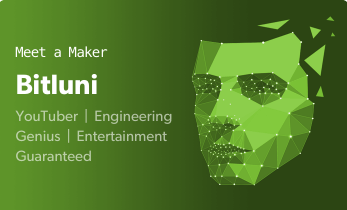
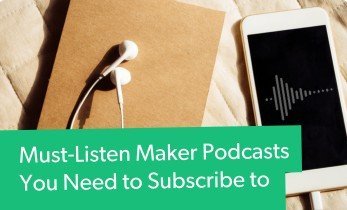

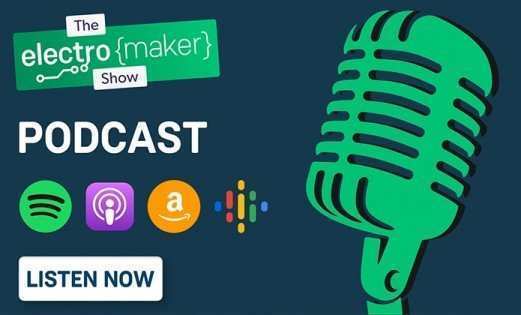
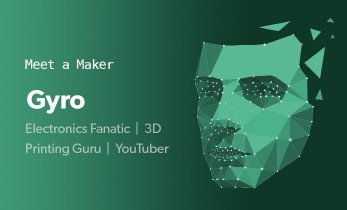
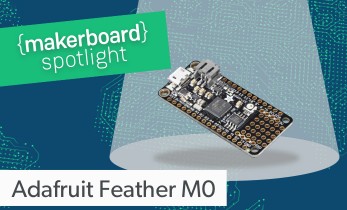
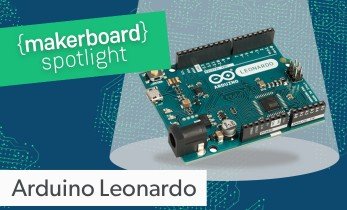
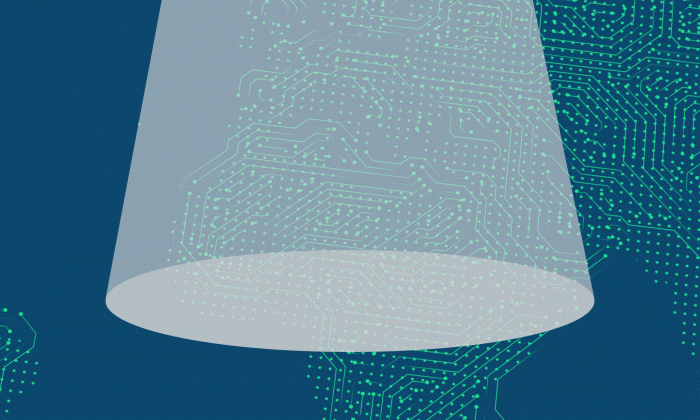
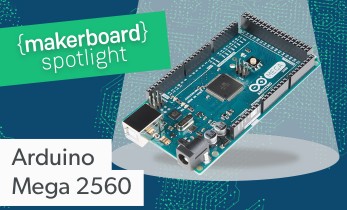
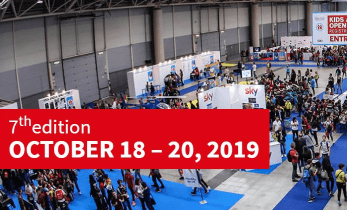
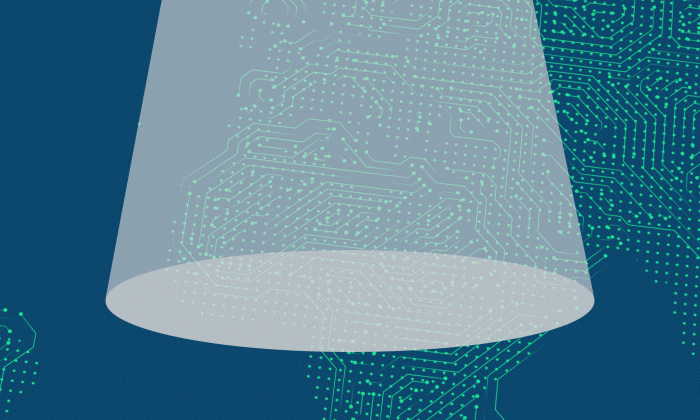
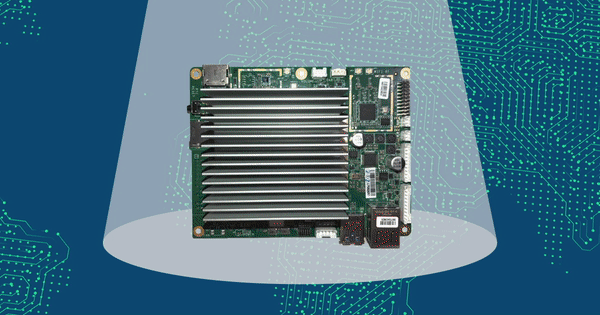

Leave your feedback...